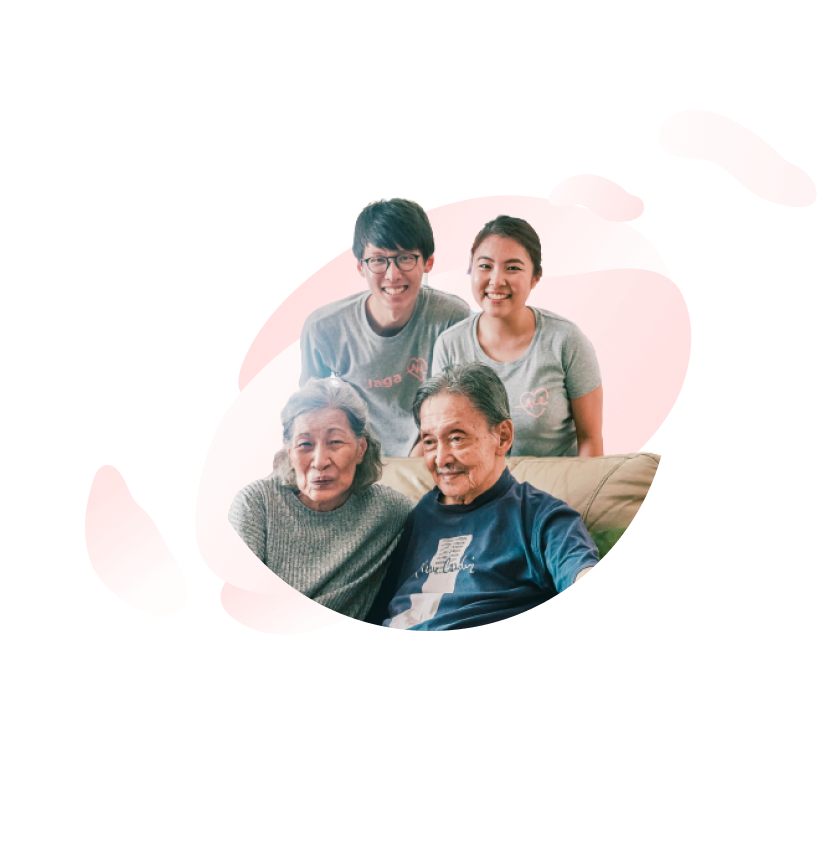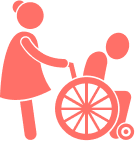Colon Cancer Home Care Guide
A Colon Cancer Care Guide for all Home Caregivers in Singapore


Colon Cancer Home Care in Singapore
The three most common gastrointestinal cancers affecting both men and women in Singapore are those of the colorectum, liver and pancreas. These accounted for 24% of the 23,632 new cases diagnosed in 2020. Additionally, figures from recent years show that colorectal cancer affects more than 2,000 individuals a year even though early screening is highly encouraged.
While colon cancer need not necessarily be a death sentence for patients, late stage patients might require round the clock care in hospitals, which drastically reduces their quality of life after diagnosis. To ensure that patients are comfortable during their remaining days, most family members opt for colon cancer home care services so that patients are able to rest and recuperate in the comfort of their own homes.
Home Palliative Care Options for Colon Cancer
Many people in Singapore have the misconception that palliative care is for patients who are near death. However, home palliative care options can be introduced at the early stages of colon cancer treatment to help patients manage symptoms and pain. Palliative care helps manage the various side effects of chemotherapy treatment. It is a holistic care that provides patients with a more comfortable journey to recovery. Check out our comprehensive palliative care guide on how you can receive palliative care in the comfort of your home.

Jaga-Me Can Help
At Jaga-Me, we believe that healthcare should be a social good – it is a basic human need, and should be available to as many people as possible. We aim to deliver the highest quality care through innovation and a commitment to building meaningful relationships.
With our home care services specially tailored to the varying needs of colon cancer patients in Singapore, you can save travelling and long wait times at the hospitals as we are able to administer specialised medical treatments at your homes.
Our at-home medical services include:
– Nasogastric (NG) Feeding Tube
If your loved one has just undergone surgery for colon cancer, our professional nurses are also able to assist the patient with changing of wound dressing, removal of stitches or accompanying the patient to follow-ups or medical appointments as a medical escort.












